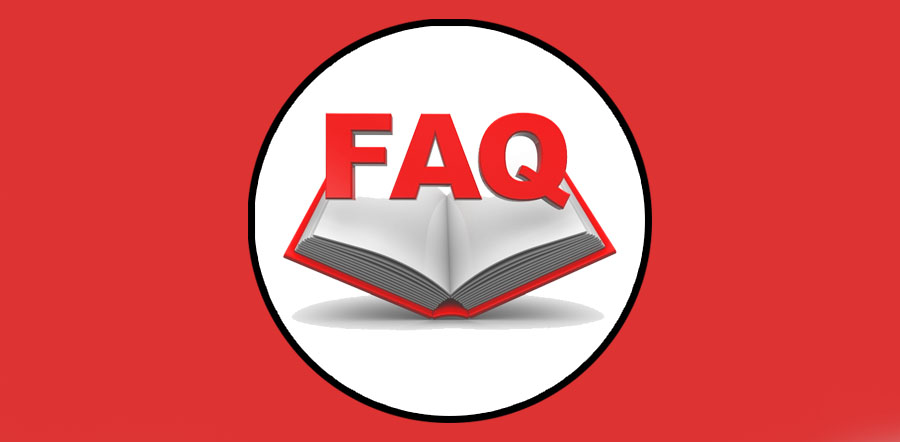GCFA
Guaranteed Success in GCFA Exam
“The GCFA practice test is something that You’re looking for a very long time is here !”
Pass your GIAC GCFA Exam with the Latest QuizDumps GCFA PDF Questions and Answers. QuizDumps provides [Authentic , Updated and Real] GCFA Braindumps that are prepared and verified by IT experts. If you want to get high marks then start your preparation now with QuizDumps Study Material.
1: Download Q&A PDF
You can easily download the GCFA Questions Answers PDF file for the preparation of GIAC Certified Forensics Analyst Exam and it is especially designed for GIAC GCFA exam and QuizDumps prepared a list of questions that would be asked in the real GCFA exam.
2: Prepare Questions Answers
Use QuizDumps's GCFA exam dumps PDF and prepare GIAC Certified Forensics Analyst Exam GCFA Questions Answers with 100% confidently. We offer 100% real, updated and verified exam questions and answers tested and prepared by experts to pass GIAC GCFA exam.
3: Pass Your Exam
After your preparation for GIAC Certified Forensics Analyst Exam GCFA exam by using QuizDumps's exam material kit you will be ready to attempt all the GCFA questions confidently which will make 100% guaranteed your success in the first attempt with really good grades.
-
CTFL
ISTQB Software Testing
Updated: 2025-02-18 219 Questions -
Marketing-Cloud-Account-Engagement-Consultant
Salesforce Marketer
Updated: 2024-11-03 261 Questions -
ADX-211
Salesforce Certified Administrator
Updated: 2023-05-20 243 Questions -
ADX-201
Salesforce Certified Administrator
Updated: 2023-05-23 248 Questions -
CTFL-Foundation
ISTQB Foundation Level
Updated: 2025-02-20 272 Questions -
GitHub-Foundations
GitHub Certifications
Updated: 2024-09-12 75 Questions -
CWSP-207
CWSP
Updated: 2024-06-25 119 Questions -
GCP-GCX
Genesys Certified Professional
Updated: 2024-10-30 135 Questions
Main points of GIAC GCFA Test
The GIAC Certified Forensic Analyst (GCFA) exam is a rigorous certification focusing on the practical application of digital forensics. The main points covered are extensive and can be grouped into several key areas:
1. Fundamentals of Digital Forensics:
- Legal and Ethical Considerations: Understanding laws (e.g., Fourth Amendment, digital evidence admissibility), ethical conduct, and the importance of maintaining a chain of custody.
- Investigation Methodology: Following a structured investigative process, including planning, evidence acquisition, analysis, and reporting. This includes understanding different investigative models (e.g., phases of an investigation).
- Forensic Tool Usage: Practical skills in using various forensic tools for data acquisition, analysis, and reporting. This isn't specific to one tool but demonstrates proficiency in the principles.
2. Data Acquisition and Preservation:
- Live System Acquisition: Capturing data from a running system while minimizing data alteration. This includes techniques like memory forensics.
- Dead System Acquisition: Acquiring data from a powered-off system, using techniques like disk imaging, bit-stream copies, and write-blocking devices.
- Data Validation and Verification: Ensuring the integrity of acquired data through hashing algorithms (MD5, SHA) and validation techniques.
3. Windows and Linux Forensics:
- File System Analysis (NTFS, FAT, ext2, ext3, ext4): Understanding file system structures, metadata, and how to analyze deleted files and file slack.
- Registry Analysis (Windows): Understanding the Windows Registry structure and its importance in forensic investigations.
- Linux Command Line Interface: Proficiency in using Linux commands for system analysis and data recovery.
- Process Analysis: Understanding running processes, their memory usage, and their role in malicious activity.
4. Network Forensics:
- Network traffic analysis: Capturing and analyzing network packets using tools like Wireshark. This includes understanding TCP/IP protocols and common network attacks.
- Log Analysis: Examining system and application logs to identify suspicious activity.
- Malware Analysis (basic): Understanding malware behavior and techniques used to compromise systems. This is more introductory than malware reverse engineering.
5. Mobile Device Forensics:
- Basic understanding of mobile device operating systems (iOS and Android).
- Data extraction and analysis techniques from mobile devices.
6. Data Recovery:
- Techniques to recover deleted files and partitions. This is related to file system analysis but focused on recovery methods.
7. Reporting and Presentation:
- Creating clear, concise, and accurate forensic reports.
- Presenting findings effectively to both technical and non-technical audiences.
It's crucial to note that the GCFA exam isn't just about theoretical knowledge. A significant portion of the exam focuses on practical application and problem-solving skills. Candidates are expected to demonstrate a strong understanding of the tools and techniques used in digital forensic investigations. The depth of knowledge required for each area varies, but a solid foundation in all of these areas is essential.
Comments

